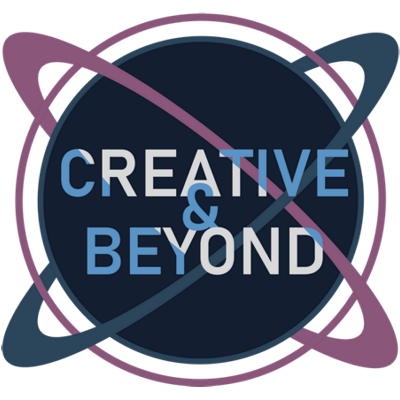Hope in Art and Music
Image Courtesy of Pixabay.com
We’ve got another guest post, sliding right in before we roll over to the new year. This one deals with a topic we don’t cover often here: recovery. Nevertheless, I’m sure some will find it especially useful (and even needed) during this time of year.
Recovery can be a difficult journey no matter who you are and there’s just something about the holidays in particular that can make it especially challenging: it’s a time when emotions run high and losses or setbacks can seem even more painful, perhaps because it ought to be a time of joy and celebration.
I would also like to add a personal note that I’ve recently read (and plan to re-read) Finding Quiet by J. P. Moreland, which I’ve found to be a very useful book on the subjects of anxiety and depression. I highly recommend it for anyone with those struggles.
In any case, our guest author, Julie Morris has some great advice for those in recovery. To find out more about what she’s up to, please visit her website: juliemorris.org
Hope in Art and Music — How These Supplemental Therapies Can Help Your Recovery
There is no one road to recovery. Different things work best for different people. No matter what treatment you choose, however, supplemental therapy has its benefits. Two such therapies are art and music, both of which can make a big impact on mental and emotional well-being during this difficult time. Learn more with these tips from Creative & Beyond.
The Benefits of Music
Both art and musical therapy have been used in conjunction with treating substance abuse for decades. As supplements, they are proven aids in recovery in a variety of ways. Music is a form of expression that speaks to everyone differently. For many, it is a source of comfort and can be therapeutic. It is especially powerful for those facing concurrent issues, such as depression or anxiety, during recovery. There are a myriad of ways one can use music to heal. Some forms of therapy focus on listening to music as a way to filter emotions, but many therapists choose a more tangible approach. Music can do many things to improve a person’s sense of well-being from increasing self-assurance to decreasing feelings of fear and anxiety. It can be even more effective in a group setting, especially for those who suffer from addiction, as it can aid in the development of social connections.
The Benefits of Art
Like music therapy, art therapy is beneficial as a supplement to other forms of treatment during addiction recovery. It may help those who need assistance with managing their behavior, as well as those who require a more creative and expressive outlet for their emotions. The process usually consists of creating images to articulate how one feels without use of words.
Art can be another method that you can use to improve your self-image and gain the confidence you need to be successful during recovery. Creating art can lower stress levels and teach one how to unwind in a healthy way.
Learn an Instrument
While there are many ways you can incorporate music as a supplemental therapy into your overall recovery treatment, one of the best is to play an instrument yourself. You can talk to your therapist about including music in your treatment, or simply learn during your free time, as a way to fight boredom and stay active. It may seem intimidating to start learning an instrument, but it does not need to be. Begin by choosing your instrument and then set some goals for yourself.
Practice a Form of Art
Similar to music therapy, you can practice art therapy in tandem with a specially trained therapist, or by yourself at home. Whatever you do, keep your counselor up-to-date on how you progress. While you can choose to express yourself in any number of ways, your form of art does not need to be complicated. You could close your eyes and draw random lines on a piece of scrap paper to start, or sketch whatever comes to mind. By doing so daily, you may see how you progress in a tangible way. This can be an excellent approach to start opening up in therapy if you have a difficult time expressing yourself or putting your thoughts into words.
Start a New Career
Turn your newfound love of art or music into a career. Whether you want to work as an illustrator, a graphic designer, or as a musician, you can find freelance opportunities through online job boards. For example, if you want to find illustration work, you can connect with potential employers online. How much do illustrators make? These professionals typically earn between $15 and $30 per hour, but you can earn considerably more as you gain experience and learn new skills.
You cannot stop living your life simply because you are in therapy. As you experiment with new artistic and musical expressions, you’ll simultaneously find engagement and enjoyment. By learning how to play an instrument, or by trying new forms of art, you may be able to improve the quality of your life during recovery. After all, it never hurts to have something positive to focus on or even a new passion to develop.

